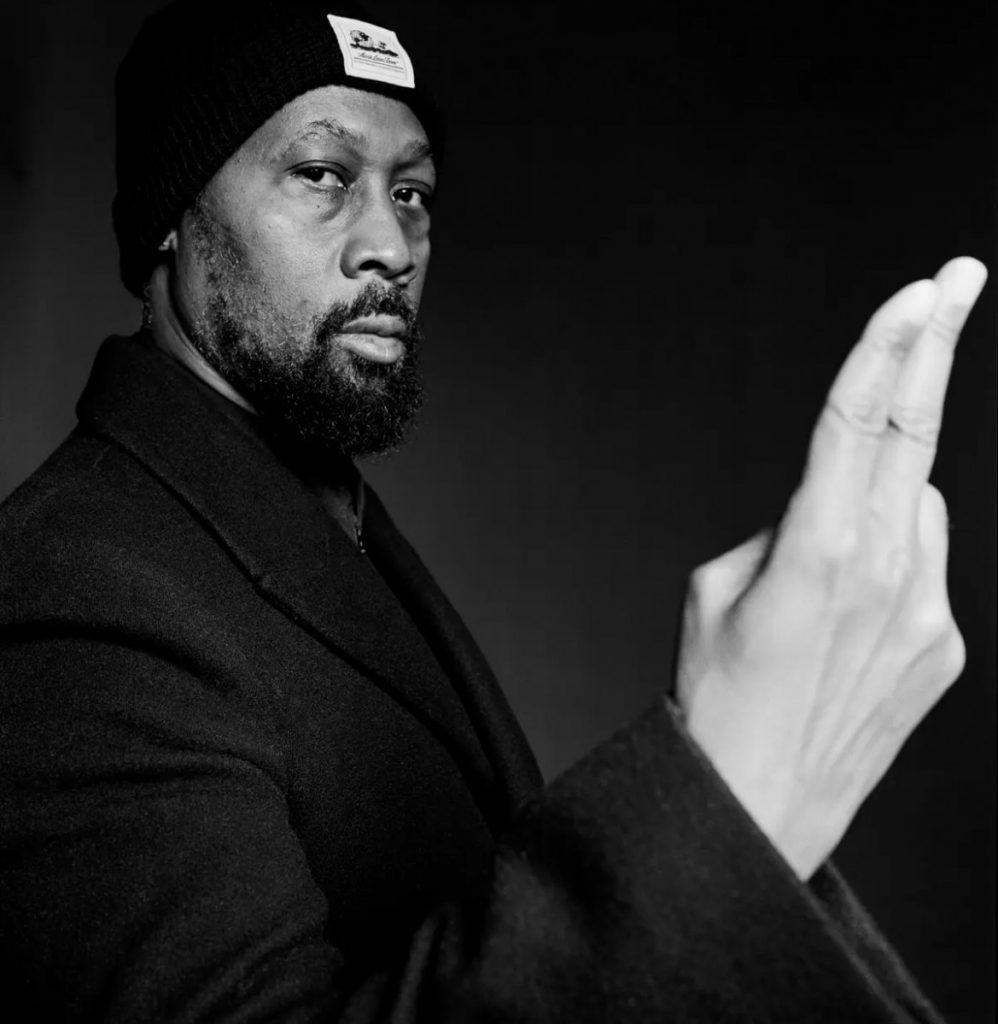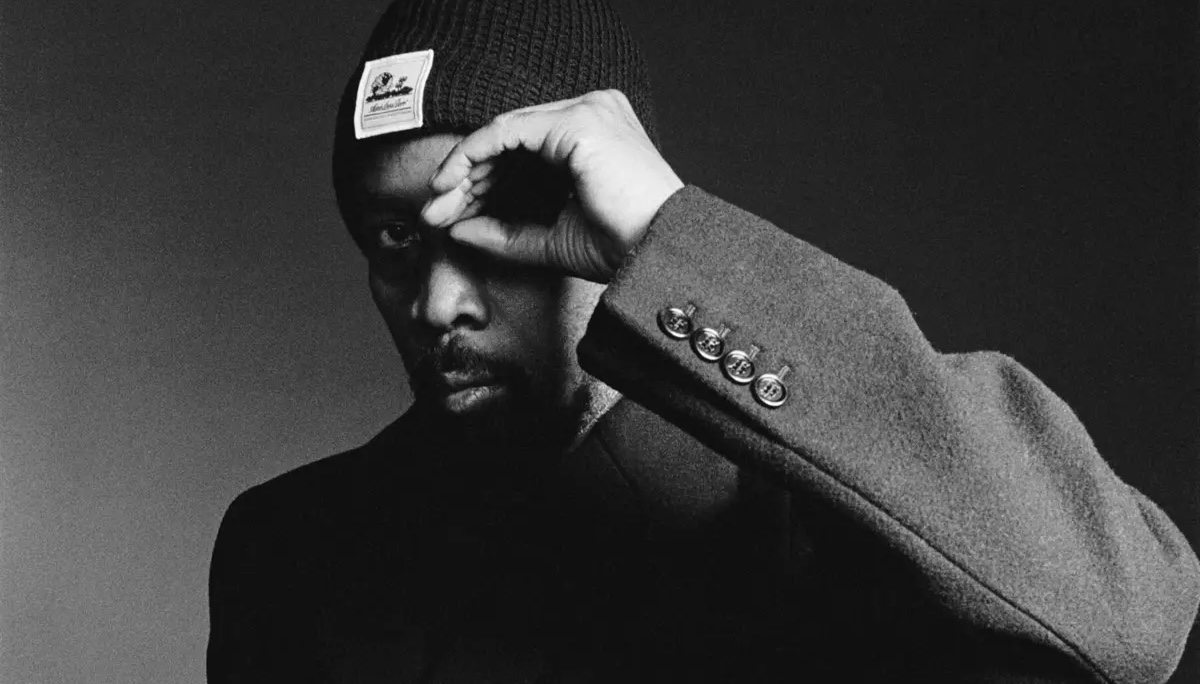Wu-Tang had rarely performed with their full lineup before, even without Ol’ Dirty Bastard, but in 2025 they decided to end the saga properly.
Few groups have had a greater impact on shaping and evolving hip-hop. The supergroup from Staten Island set a new direction for New York rap in the 1990s and transformed the industry.
“There are so many places we’ve never actually been,” said RZA, the main architect of the Wu-Tang Clan, in an interview with the New York Times music podcast. “We’ve had successful tours, right? But not at the level where the brand operates.”
He intends to change that with the upcoming tour, “Wu-Tang Forever: The Final Chamber”, announced as the group’s last tour in this full lineup and their largest roadshow as headliners.
RZA, GZA, Raekwon, Ghostface Killah, Method Man, Inspectah Deck, U-God, Masta Killa, along with Cappadonna and Young Dirty Bastard, will perform all the group’s hits.
According to RZA, the tour is the culmination of a five-year Clan plan to build a legacy, including a multipart documentary series, a dramatic miniseries, and several individual member biographies.
Reflections and Reunion
In a fresh interview, RZA spoke about what it took to unite the Clan; the missed opportunities over the years; and inventing approaches to hip-hop performances that later became the norm.

Legacy and Looking Back
Q: You’ve always been an innovator, but in the last five or six years, you started to truly reflect on Wu-Tang’s legacy. When did you realize it was time to look in the rearview mirror?
RZA: It happened when other networks started covering hip-hop and looking back. Netflix had “The Evolution of Hip-Hop.” I thought, hold up, they’re skipping parts [expletive], you know? If you skip a layer or a pillar of something, the foundation crumbles. I realized the parts being skipped were our story — the Wu-Tang story and what we brought to hip-hop and pop culture. It became important for me to take responsibility and make sure that story is told the right way.
Planning the Final Moves
Q: Was this tour part of a long-term plan — like the Vegas residency and beyond?
RZA: It was all part of the plan. First, a five-year plan — actually, two of them. Start with the documentary, then evolve into a series, then the tour with Nas, “New York State of Mind.” That was the trial run. Now comes the final tour.
Commitment from the Clan
Q: Will all announced members perform at every show?
RZA: Everyone’s agreed. Seriously. Everyone signed off on the tour name. We may come to your city, and this could be the last time you see us together in person. Maybe you’ll see us on TV, but not live again. We want to break bread with you.
Logistics and Challenges
Q: Any obstacles or disagreements?
RZA: You just ask people what they need: time, money, comfort. Someone might say, “I don’t want more than two people in my dressing room.” Okay, I’ll handle that. I try to manage it — I’m the director, showrunner…
Gaining Unity
Q: Was GZA on board from the beginning?
RZA: I called him directly. No managers. He missed the Vegas shows. I didn’t need his reasons — he’s my teacher. I respect him deeply. I just gave him the idea, the timing, the business opportunity. He said, “Yes, I’m in.” That was a blessing.
Strategic Touring
Q: You pioneered large-scale hip-hop tours by necessity. Can you talk about that?
RZA: We had clubs and college gigs — fun, but not enough. So, with Steve Rifkind and Rich Isaacson, we said: “Let’s put Wu-Tang on stage with Rage Against the Machine.” That exposed us to a whole new world.
I remember overhearing a kid in Manhattan say, “Best thing in NYC was that giant Wu-Tang billboard in Times Square.” I was standing nearby, but he didn’t know. That was the sign — we had white fans ready to embrace us.
Missed Opportunities
We actually turned down that tour. Some weren’t ready. Later, The Roots took that spot. Questlove told me it changed his life — he bought his first house after that tour.
The Hot 97 Fallout
In 1997, Hot 97 banned us after we dissed them onstage at their own concert. People today don’t realize how powerful rap radio was then. If we hadn’t been banned, “Wu-Tang Forever” could’ve been even bigger. Funkmaster Flex apologized to me a couple of years ago. It was a gut punch to the whole culture.
Shifting the Culture
1997 marked “Wu-Tang Forever,” Biggie’s “Life After Death,” and the Southern takeover. Labels like Cash Money and No Limit restructured the industry. I salute them — they earned it. They modeled themselves after Wu. Us being sidelined opened the door for them. That’s part of Wu-Tang’s blessing too.
Disasters and Archives
Q: With the recent L.A. fires, and Madlib losing his music archive, it recalls when you lost your material to flooding. How did that impact you?
RZA: Actually happened twice. First in 1993, after “Enter the Wu-Tang.” I lost albums for Meth, Deck, GZA. All recorded, then gone. I had to remake them. The floppy disks were destroyed. I still have them. This tour, I’ll put 80+ of them in a time capsule — maybe someone can restore them someday.
Evacuation and Essentials
The fires almost forced us to evacuate. All I grabbed were the hard drives and laptops. Funny how those are what I thought of first.
Full Circle
Honestly, brothers — I’ve lost more than I’ve shared here. That’s life.


